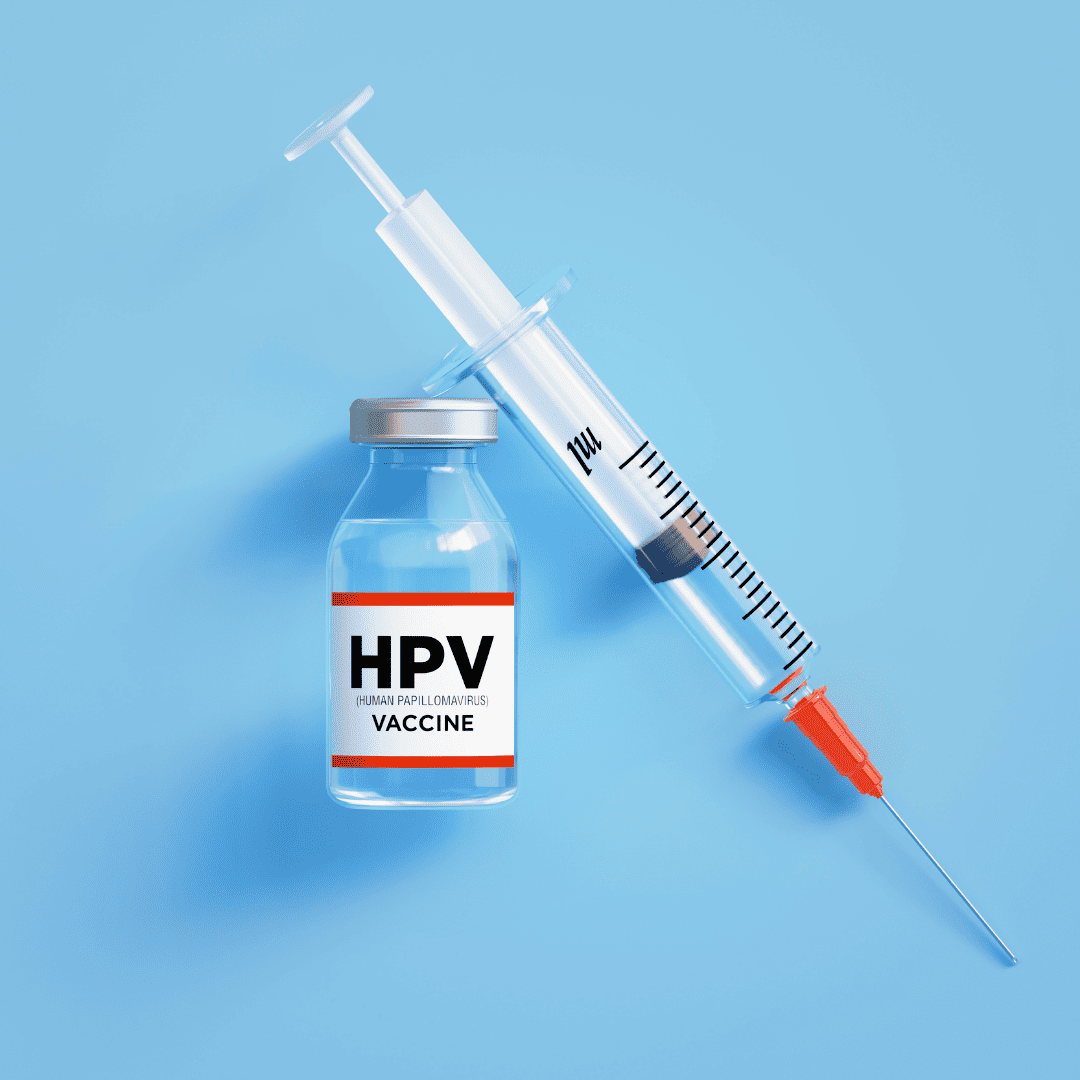Polycystic Ovarian Syndrome (PCOS) is an unfortunately common hormonal imbalance disorder. I see clients all the time with this diagnosis. It can impact fertility if not addressed properly and from a root cause prospective. It is supposedly most common in women 20-30 yrs. old but I see many warning signs in girls as young as 12.
Symptoms include some or many of the following:
- Infrequent or absent periods
- Acne – face and upper back
- Cysts on ovaries
- Excess body hair – known as “hirsuitism”
- Mood swings
- Obesity – although I see many thin women with PCOS
- Potential Fertility challenges
- And more
Funny thing is though that while the name says “polyCYSTic Ovarian” – many women do not even have ovarian cysts! When they are present, these cysts are not harmful in themselves and do not turn into cancer.
Standard conventional treatment is often specific hormonal birth control pills to attempt to “regulate” hormones. But I hope y’all know that birth control pills do NOT “regulate” hormones. They provide synthetic hormones to over-ride your own hormonal cues and try to manage symptoms often just causing more problems down the road.
WHAT IS PCOS?
PCOS is a hormonal disorder where a woman ends up making too many androgens (male hormones like testosterone and DHEA-S). Also, there is most often a failure to ovulate monthly so menstrual cycles tend to run long and women describe “skipping a period”. These aren’t actual “skipped periods” but a very long menstrual cycle. Without ovulation (known as an anovulatory cycle) there isn’t appropriate signaling to start bleeding and shedding of the uterine lining therefore it can go on and on and on.
There is a STRONG link of PCOS to insulin resistance as well. And boy, that is a real factor for many things today. As a society we consume far too much sugar/glucose that the cells in the body shut the door to letting in more glucose. Insulin is responsible for helping glucose get into the cells. When the cells are inundated with sugar, the cell “door” won’t open for insulin anymore – insulin resistance.
Insulin resistance is responsible for so many bad things – but for our purposes today we will only discuss its relation to PCOS.
Conventional doctors will often use Metformin (a diabetic drug) to address insulin sensitivity and to help lower insulin. But metformin does not come without challenges – namely digestive distress and inflammation. Also, metformin use isn’t addressing WHY insulin is elevated in the first place!
GOAL IN HOLISTIC MEDICINE
As always my goal in working with women with PCOS is better understanding how their bodies USE their hormones. Not just what base levels are. And what I find is quite consistent. Yes, there is usually an elevation of androgens like testosterone and DHEA-S BUT not always. What I do find quite consistent is poor detoxification pathways in estrogen leaving behind high levels of 16-OH estrone – an estrogen metabolite that causes all sorts of problems.
I feel like I see more of a problem in the estrogen arena than the male hormone arena! And I often see elevated C-Reactive Proteins indicating vascular inflammation.
So how do I help these women?
First off, consumption of a low carb diet isn’t always as beneficial as many think. No one should be put on a specific diet because it “treats” a specific condition. We are all individuals and not every woman with PCOS would benefit from a low carb diet. As a matter of fact, SOMETIMES it can be detrimental to hormonal balance! There is no one size fits all scenarios – EVER!
I always run a DUTCH Hormone Panel to better assess the hormonal imbalance that for certain exists in a woman with PCOS. I also run a set of blood labs to assess for inflammation on different levels and a better picture of some hormone levels that test best in blood – like Prolactin, Luteinizing Hormone (LH) and Follicle-Stimulating Hormone (FSH).
Once I see those results then I make recommendations based solely on those results. There may be similarities between women with PCOS but there are no two women who’s labs are identical – therefore recommendations cannot be identical either!
Obviously, we must address insulin resistance which I feel may be the biggest contributing cause. There are many herbs and lifestyle changes that can address this piece – but once again there is no one right way.
Getting estrogen balanced is key as well. Certain nutrients/herbs are wonderful for helping to open liver detox pathways and make sure that estrogen is metabolized properly and safely. Some of these nutrients I like to use are DIM (Di-indole-methane), Calcium-d-Glucarate, and Sulforaphane depending on the specific lab results.
Looking at adrenal/stress health is crucial as well because there is a significant interplay between the stress hormone cortisol and sex hormones – testosterone, DHEA-S, estrogen and progesterone.
And decreasing those androgens to help get issues like acne and hirsuitism under control.
Bottom line is to better understand what caused the PCOS in the first place – likely a cascade of insulin-resistance, genetics and lifestyle. Since we can’t change genetics we can definitely work on the rest!:)
Here to help!
Dr. K
INTERESTED IN CHATTING WITH DR. KELLEY CLICK ON THE BUTTON BELOW 🙂

